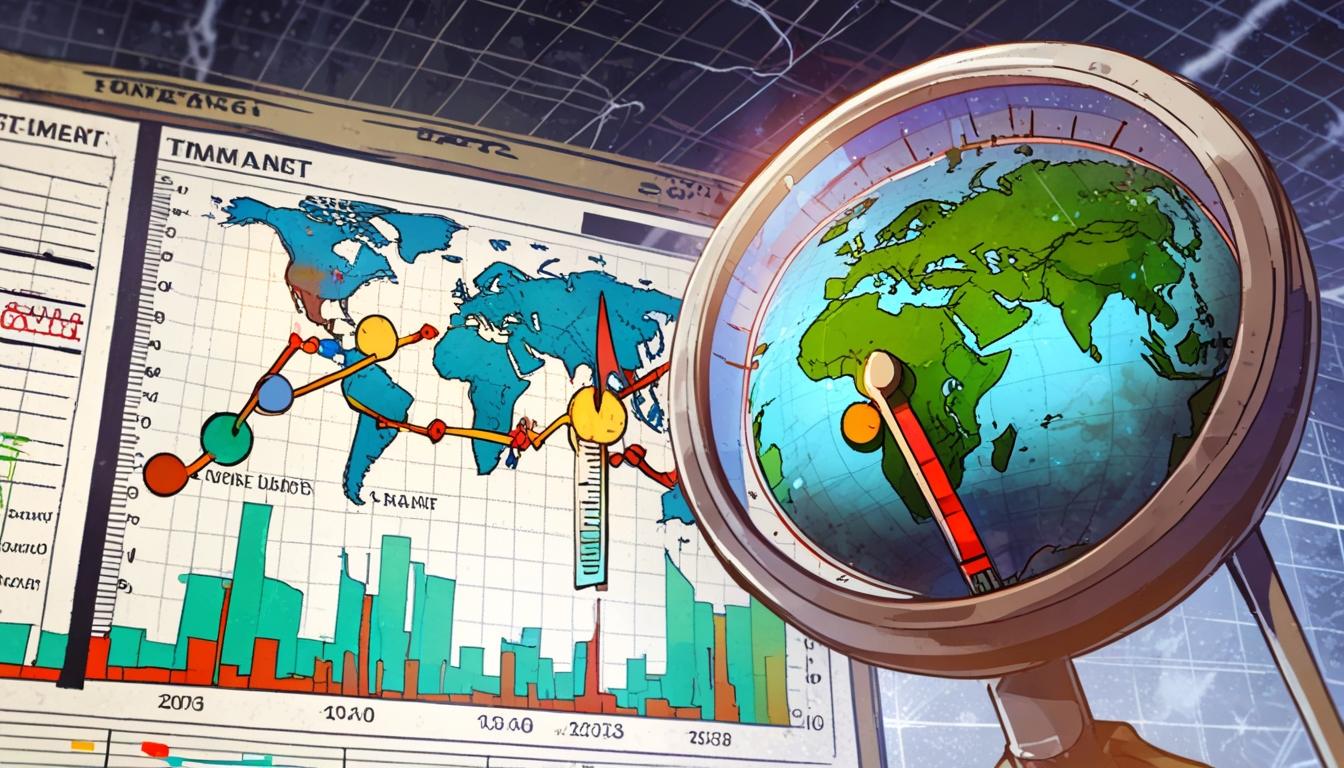Institutional investors, particularly pension funds, are increasingly facing significant physical risks to their investment portfolios as climate change leads to rising global temperatures, according to findings from recent research by Ortec Finance. The organisation has expressed concern that current strategies aimed at achieving net zero emissions by 2050 may no longer be feasible given the recent uptick in temperatures, particularly in 2024.
Maurits van Joolingen, managing director for climate scenarios and sustainability at Ortec Finance, stated, “Following the warmest year on record, the Paris Climate agreement target of limiting global temperature rises to 1.5°C by the turn of the century looks increasingly unlikely.” He noted that even the most ambitious scenarios developed by Ortec do not anticipate the world reaching net zero emissions until mid-century, while projecting an increase of 1.6°C by 2100.
The Intergovernmental Panel on Climate Change (IPCC) has highlighted the severity of the situation, warning that without substantial changes, the average global temperature rise could reach 3°C above pre-industrial levels this century. Jim Skea, chair of the IPCC, emphasised the dire consequences of such a temperature increase, suggesting it would lead to “severe impacts, significant irreversibility and a limited ability to adapt.”
Ortec’s analysis proposes four distinct scenarios outlining the anticipated progression of global warming and its economic consequences. The consultancy categorises the physical risks associated with rising temperatures and greenhouse gas emissions as “the most serious threat to asset performance and the financial system.” Van Joolingen noted, “It is clear that under current policies, where there is a hiatus in political willpower to reach net zero across large swathes of the developed world, temperatures will continue to break records.” As such, he asserts that the understanding of climate change’s realistic impacts across various market scenarios is a critical component of institutional investors' fiduciary responsibilities.
The research further indicates that inaction could lead to significant inflationary effects, adversely impacting agricultural productivity and labour output. In its “High Warming” scenario, which is based on the current trajectory of temperature rises, Ortec forecasts a marked decline in global economic output, with real GDP growth projected to fall to 1.1% over the next 25 years. This situation is anticipated to worsen through 2070, where the report suggests there could be nearly zero real growth on average due to increasing physical damage from climate change.
Investment-grade bond returns are also predicted to suffer, with potential increases in defaults akin to those witnessed during the global financial crisis and the dotcom bubble. The equity markets, particularly in the UK and the US, may experience a pronounced downturn as physical climate risks manifest through exacerbated weather events, possibly leading to what Ortec describes as an “insurance crisis” if insurers retreat from protecting against climate-related risks.
Van Joolingen mentioned that US markets might bear the brunt of these climate-related defaults and investment losses. However, the report does suggest that investments in low-carbon and renewable energy technologies could demonstrate more resilience amidst these challenges. Ortec Finance noted that since their last predictions, investment in low-carbon sectors has surpassed expectations, thus creating opportunities for investors to realign their portfolios to address transition risks while mitigating potential losses.
Overall, the research underscores the growing urgency for institutional investors to reconsider their strategies and prepare for an increasingly uncertain climate future, where both risks and opportunities are intricately connected to the effects of climate change on global economic stability.
Source: Noah Wire Services
